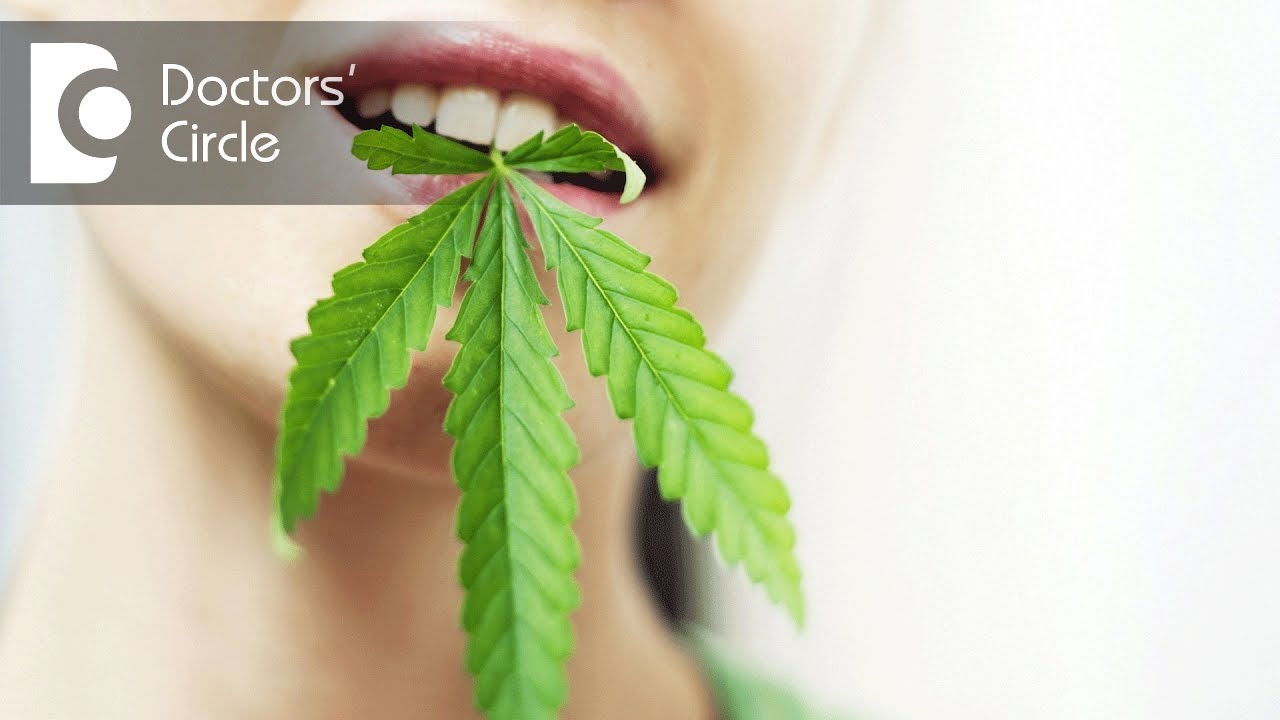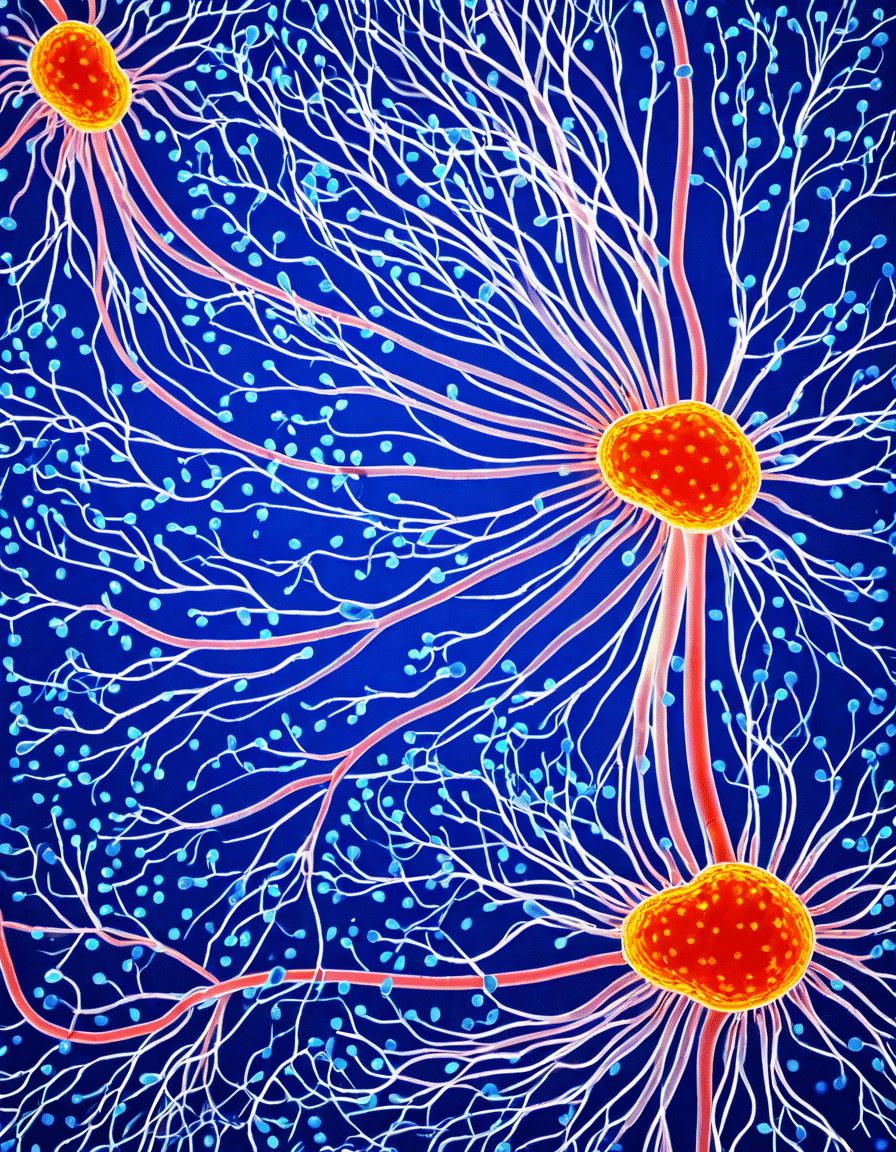If you’ve ever found yourself wondering how long does marijuana stay in your system, you’re not alone. This question isn’t just relevant for casual users; it’s crucial for anyone involved in sports, employment, and even legal issues. The answer isn’t straightforward because there are several variables at play. Whether you’re a fitness enthusiast or just a curious mind, knowing how long THC sticks around can empower you to make informed decisions. So let’s dive into the details that can shed light on this topic, making it crystal clear for you.

Top 5 Factors Influencing How Long Does Marijuana Stay in Your System
1. Frequency of Use
When it comes to THC, frequency is everything. Marijuana is fat-soluble, meaning it likes to hang out in your body’s fat cells. If you’re a daily user, you might find THC clinging to you for weeks, while occasional smokers typically clear it within a few days. A 2023 study published in the Journal of Substance Use reveals that daily consumers can test positive for up to 30 days after last use. Just think about it—if you’re serious about hitting those fitness goals, regular use could affect your performance.
2. Metabolism Rate
Your metabolic rate plays a significant role in determining how long THC stays in your body. If you’re an athlete with a fast metabolism, you might flush out THC quicker than someone who’s not as active. Various factors—including genetics, body composition, and overall health—contribute to your metabolism. If you want a quick leg-up, you might consider loading up on lean protein and greens to help speed things along. That’s right—it’s not just about lifting; it’s about nourishment.
3. Method of Consumption
The route you take to get your THC can also affect retention times. For example, if you smoke a joint, those effects kick in fast, but it clears quicker. In contrast, edibles like brownies can keep THC around longer. Let’s say you indulge in a 100mg THC brownie: the high can last for hours, but those metabolites could be lingering in your system for days. So when you’re in a crunch for time or facing a test, consider how you consume.
4. Body Composition and Hydration Levels
Your body composition has a direct impact on how long does weed stay in your system. Higher body fat percentages may slow down the exit of THC from your body. Additionally, staying well-hydrated could help you process THC more efficiently. A 2022 report by the American Journal of Medicine suggests that well-hydrated individuals might clear substances faster. So, grab that water bottle and hydrate—you’re working on your shredded physique after all!
5. Drug Testing Methods
The type of drug test matters, too! In employment screenings, urine tests are the most common and can detect THC for up to 30 days in chronic users. But hair follicle tests offer an even longer view, potentially identifying usage from up to 90 days back. This is critical for anyone in industries that routinely screen for drugs. Knowing the method can empower you to manage your usage effectively.

How Long Does THC Stay In Your Body Compared to Other Substances?
While figuring out how long does marijuana stay in your system is important, it’s equally useful to compare it to other substances you might encounter.
Alcohol is typically eliminated at a rate of about 0.015% Blood Alcohol Concentration (BAC) per hour. Depending on how much you toss back, it can clear from your system within hours to one day. A beer could be detected via a breathalyzer almost immediately, while urine tests can pick it up for about 48 hours post-consumption.
Urine tests can show alcohol presence for up to 80 hours after consumption. Again, it all depends on quantity and individual metabolism. If you had a night out with friends, it’s essential to plan your next workout carefully. Maybe it’s best to stick with water and a healthy breakfast!
A standard cigarette contains around 10-12 mg of nicotine, with a smoker absorbing about 1-3 mg. Typically, nicotine leaves the body in about 1-3 days, but its metabolite, cotinine, sticks around for longer. This is where THC sets itself apart—its retention period is much longer, especially for regular users.

Implications of THC Retention: What Users Need to Know
Understanding the persistence of THC in your system goes beyond academic knowledge; it’s crucial for anyone facing drug tests or wanting to adopt responsible consumption habits. Employers are increasingly implementing drug testing policies, particularly for safety-oriented jobs. You don’t want to jeopardize your opportunities because you weren’t informed.
As more states move toward cannabis legalization, attitudes are changing. Awareness around the impacts of THC retention on employment and health is becoming critical. It’s not just about enjoying a product; it’s about knowing how it can affect your life choices. Take on the challenge of staying educated on this pressing subject.

Moving Forward: Navigating Legalities and Health
With marijuana legalization expanding, understanding its impact on personal health and legal matters increases in significance. Recognizing your usage patterns—and their potential consequences—holds great weight, especially in today’s job market. Keeping informed about the timeline of THC clearance can help you make wise choices about your cannabis use.
Approach marijuana usage with care; weigh your desires against its implications. As you critically analyze how long marijuana stays in your system and its concurrent effects, you can cultivate a healthier relationship with cannabis. After all, your health and fitness goals deserve your full attention and commitment.
Remember, while we’re on a journey to get shredded and achieve that ripped six-pack, knowledge is a tool that’ll only sharpen your effectiveness. So keep pushing, keep learning, and stay committed to your goals!

How Long Does Marijuana Stay In Your System
When diving into the question of how long does marijuana stay in your system, it’s like opening a can of worms; there’s more to it than meets the eye. The answer varies based on several factors, including frequency of use, body type, and metabolism. For casual users, marijuana can hang around for up to three days after your last toke, while those who indulge regularly might find traces lingering in their systems for several weeks. Just like the unpredictable nature of the Ormond beach hurricane Idalia, this thought demonstrates how environmental and genetic factors contribute to the duration substances stay in your system.
Metabolism Matters
It’s often said that metabolism is king when it comes to processing anything, including marijuana. Your body breaks down the compound THC (the active ingredient in cannabis) via the liver, and this process is influenced by factors such as diet and lifestyle. Believe it or not, some foods, like cream cheese and dairy Products, can affect your metabolism too! How quickly or slowly you metabolize substances can dictate whether THC will stick around longer than you’d like, resulting in different elimination times for each person.
Testing Isn’t One-Size-Fits-All
Then there’s the topic of drug testing, because how long does marijuana stay in your system varies based on the test style too. Urine tests are the most common and can show THC for up to 30 days in chronic users. But hair tests? They can detect substances for even longer! So, if you’ve got an important job interview, knowing this could save you a world of headache—kind of like avoiding the surprising side effects of stevia. On a fun note, some people even debate whether the tonsils play any role in these processes; ever wondered What do Tonsils do?
Taking all this into account, it’s crucial to consider your unique situation. Just as actors like Deon Richmond and Kevin Franke navigate their roles, so too should you navigate your choices regarding cannabis use and potential testing. Ultimately, the burning question of how long does marijuana stay in your system can differ for each individual. So, pay attention to your habits and schedule that next puff wisely!



























